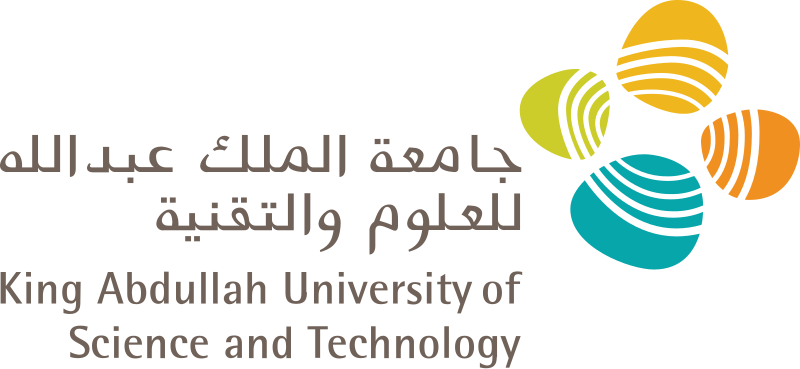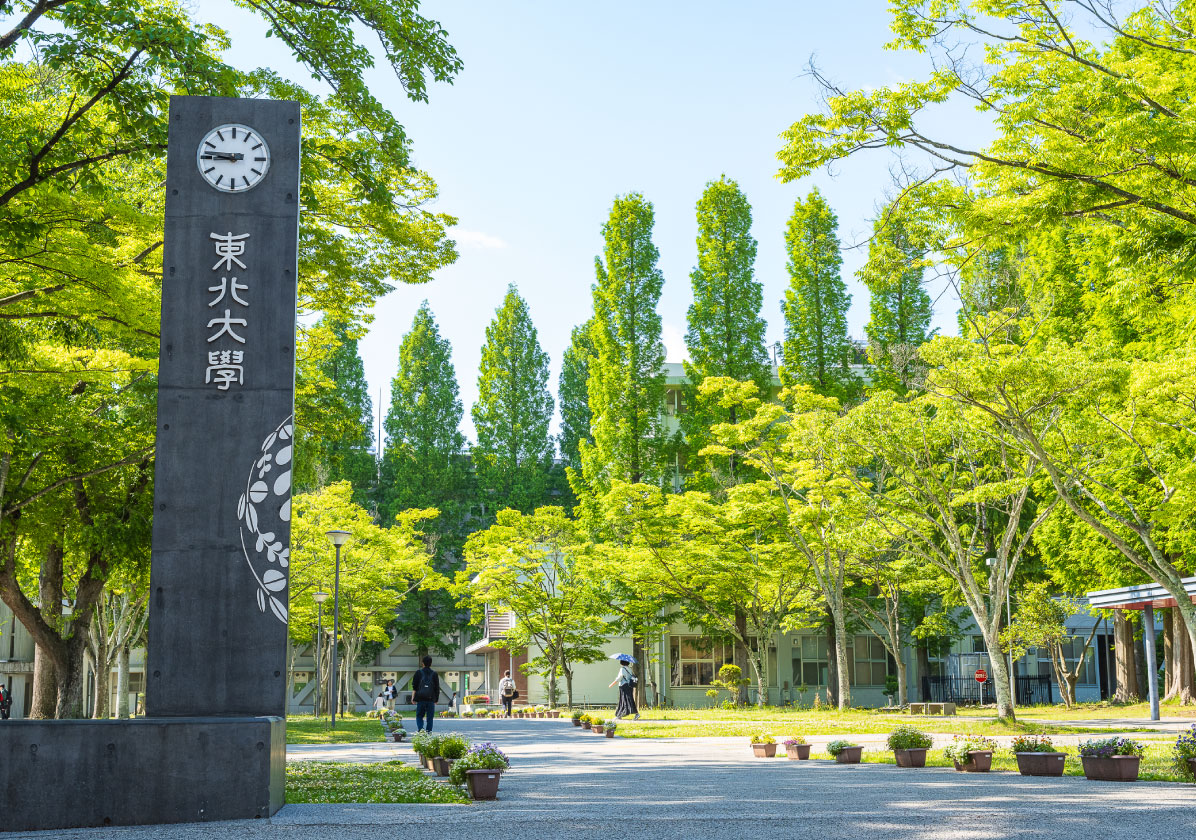
Applying to KAUST - Your Complete Guide for Masters & Ph.D. Programs (Upcoming Admissions)
Admissions Overview & Key Requirements

A quiet revolution is underway in Japan’s higher education system. For the first time, students at some of the country’s most prestigious universities will be able to enter without choosing a major.
Leading the change is Tohoku University, which announced on Wednesday the creation of “Gateway College,” an undergraduate program set to launch in 2027. The new model will allow students to explore both the humanities and sciences before committing to a field, a departure from Japan’s long-entrenched division between humanities ("Bunkei") and science ("Rikei").
“We want to nurture individuals who can make an impact on the world,” said President Teiji Tominaga during a press conference in Tokyo. “Complex challenges like climate change and artificial intelligence can’t be solved from just one discipline.”
The program will begin with 178 students, evenly split between Japanese and international enrollees. Classes will be conducted mostly in English, and students will be required to study abroad within their first two years. Japanese participants will receive six months of intensive English instruction upon entry, and all first-years will live in on-campus dormitories.
During the first and second years, students will take cross-disciplinary courses spanning AI literacy, social sciences, and environmental studies. Only in the third year will they choose a specialization. Tohoku University plans to expand the program to 2,000 students annually within a decade, aiming to raise the share of international students from 2% to 20%.
The background to this trend at top national universities is the increasing complexity of social issues and the advancement of cutting-edge technology, making it no longer possible to compete by simply studying one's own major.
For example, measures to combat global warming require not only climate science to understand its mechanisms, but also knowledge of technological fields such as renewable energy, and international politics to respond in cooperation with other countries around the world.
Developing AI requires not only knowledge of information engineering, but also a legal and ethical perspective to keep an eye out for infringements of rights, etc.
Internationally, emphasis has been placed on "STEAM education," which combines the initials of "STEM education," which stands for science, technology, engineering, and mathematics, with the addition of "A" for "art." "Art" encompasses the fine arts, humanities, and creativity.
If movements like those at Tohoku University and the University of Tokyo spread, high schools will also be required to reform their classes and career guidance.
In Japanese high schools, students are often divided into humanities and science majors with an eye toward university entrance exams. As a result, the quantity, quality, and interests of learning tend to be biased toward one side or the other.
Some high schools have begun to incorporate STEAM concepts into inquiry-based learning. Tohoku University Executive Vice President Hirotane Takizawa said, "Junior high and high school students choose the humanities or sciences at an early stage without learning about a wide range of academic fields or the world. Our new educational program sends a message that we want high schools to change as well."
Share

Applying to KAUST - Your Complete Guide for Masters & Ph.D. Programs (Upcoming Admissions)
Admissions Overview & Key Requirements

Registration Opens for SAF 2025: International STEAM Azerbaijan Festival Welcomes Global Youth
The International STEAM Azerbaijan Festival (SAF) has officially opened registration for its 2025 edition!

An mRNA cancer vaccine may offer long-term protection
A small clinical trial suggests the treatment could help keep pancreatic cancer from returning

Young Leaders Union Conference 2025 in Paris (Fully Funded)
Join Global Changemakers in Paris! Fully Funded International Conference for Students, Professionals, and Social Leaders from All Nationalities and Fields

Yer yürəsinin daxili nüvəsində struktur dəyişiklikləri aşkar edilib
bu nəzəriyyənin doğru olmadığı məlum olub. Seismik dalğalar vasitəsilə aparılan tədqiqatda daxili nüvənin səthindəki dəyişikliklərə dair qeyri-adi məlumatlar əldə edilib.

Lester B Pearson Scholarship 2026 in Canada (Fully Funded)
Applications are now open for the Lester B Pearson Scholarship 2026 at the University of Toronto!